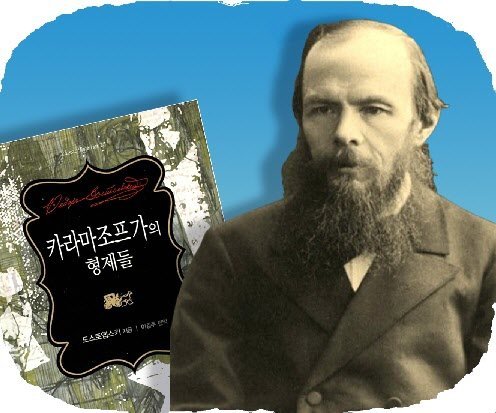‘Do not be comforted, but weep’
‘Do not be comforted, but weep’
Posted March. 08, 2023 07:46,
Updated March. 08, 2023 07:46

Authors often express their own agony in language. Dostoevsky was one of them. While writing “The Brothers Karamazov,” the author’s youngest son, Alyosha, passed away on May 16, 1878, due to epilepsy, which he had inherited from his father. The son has passed away from a disease passed down by his father. Dostoevsky’s agony and guilt were unbearable, which was reflected in his novel. It was no coincidence that a mother grieving for her lost son was described in his story. Like his son, the child in the story was almost three and shared the same name, Alyosha.
The mother in the story weeps. Her life and family are broken, and it has been three months since she left the house. She reaches out to Father Zosima for help, who tells her, “Do not be comforted but weep. Only each time you weep, do not fail to remember that your little son is one of God’s angels, that he looks down at you from there and sees you, and rejoices in your tears and points them out to the Lord God. And you will be filled with this great mother’s weeping for a long time, but in the end, it will turn into quiet joy for you, and your bitter tears will become tears of quiet tenderness and the heart’s purification, which saves from sin.” That is how he consoles her and has her return home.
The quote that bitter tears will become tears of great tenderness and the heart’s purification is what Father Ambrosoli of Abbey Optina Pustyn told Dostoevsky when he lost his son. He remembered those words and wove them into dialogue in his book. “Do not be comforted but weep.” Those words consoled his aching heart.
Headline News
- N. Korea launches cyberattacks on S. Korea's defense companies
- Major university hospital professors consider a day off each week
- Italy suffers from fiscal deficits from ‘Super Bonus’ scheme
- Inter Milan secures 20th Serie A title, surpassing AC Milan
- Ruling and opposition prioritize spending amid tax revenue shortfalls







